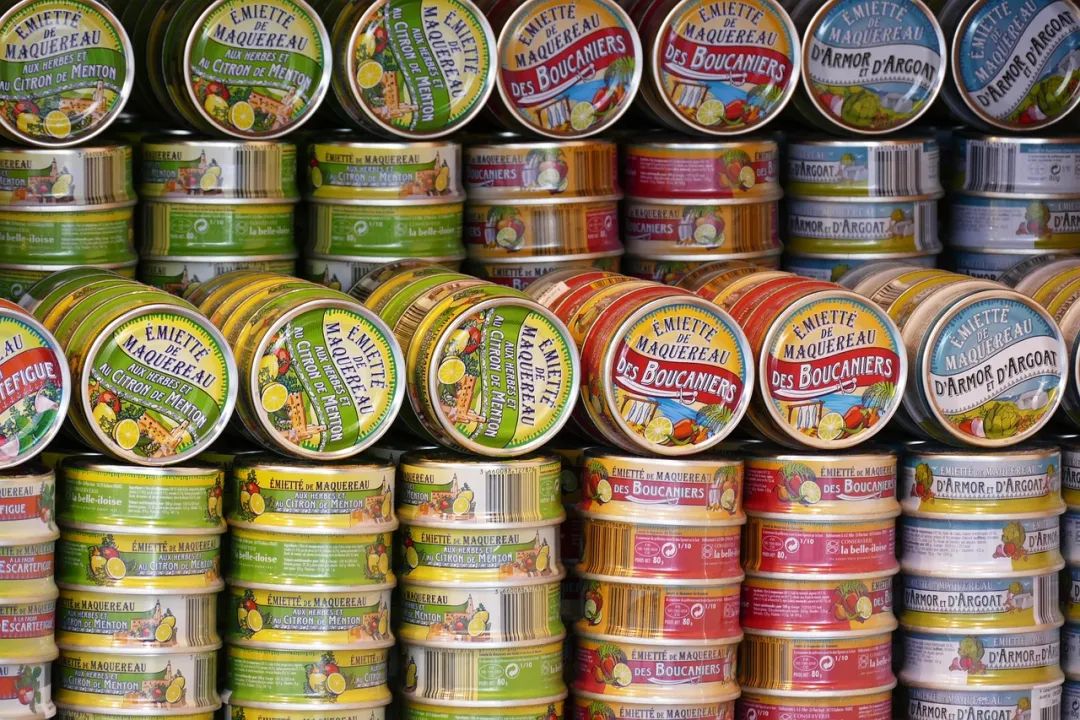 United Petroleum Equipment Pte. Ltd.
United Petroleum Equipment Pte. Ltd.


Source: Announcement from the U.S. International Trade Commission
According to a Reuters report on the 7th, the vote overturned the U.S. Department of Commerce’s decision to impose anti-dumping duties of 2.69% to 6.88% on tin-plated steel from South Korea, Germany and Canada, and revoked the 122.5% anti-dumping tax on Chinese tin- plated steel and The decision to impose countervailing duties of more than 330% on Chinese steel manufacturers.
Tin-plated steel, commonly known as "tinplate", is widely used as a container material for packaging food, paint, hair spray and other consumer products.
On January 5, 2024, the U.S. Department of Commerce made a final ruling and decided to impose anti-dumping duties on tinplate imported from China, South Korea, Canada and Germany, and impose countervailing duties on Chinese steel manufacturers. On February 6, USITC made a final decision on whether to impose the above tariffs. The Consumer Brands Association, a U.S. industry group, estimates that canned food prices could rise by up to 30% if new tariffs are actively implemented.

Reuters believes that the U.S. International Trade Commission's ruling overturned the U.S. Department of Commerce's previous decision and dealt a blow to U.S. steel manufacturer Cleveland-Cliffs and the United Steelworkers. Cleveland-Cliffs issued a statement expressing "regret" for the U.S. International Trade Commission's final decision. It was they who filed a complaint with the U.S. Department of Commerce last year, requesting the imposition of tariffs because they believed that tinplate dumped at low prices had impacted the domestic industry. However, the company added that it would respect the commission's ruling.
"This is a huge victory for American consumers and manufacturers," said Madrecchi, vice president of the Consumer Brands Association. The American Can Manufacturers Association also praised the committee's decision, reiterating that Cleveland-Cliffs' application was "completely without merit."
In addition, Reuters stated that tinplate products imported from China, South Korea, Taiwan, and Turkey are still subject to the 25% steel tariff imposed by the U.S. government in 2018 based on the results of the "232 investigation."